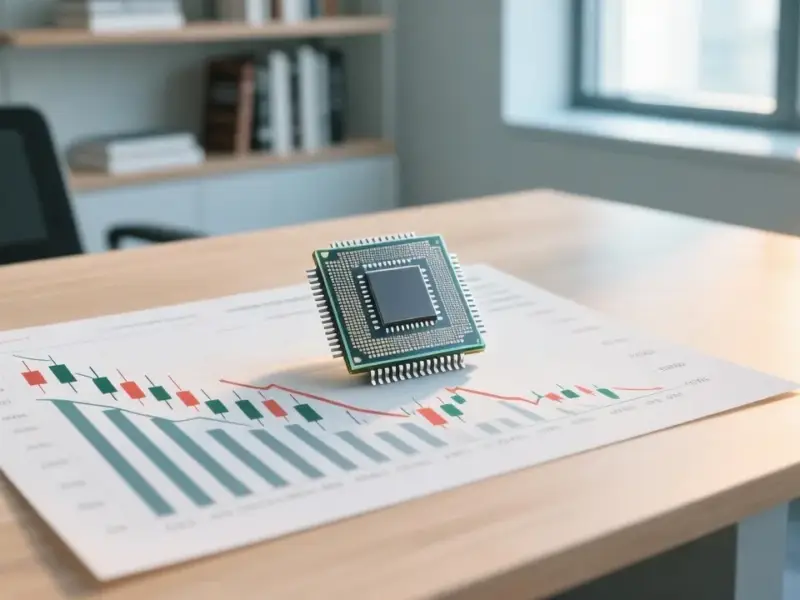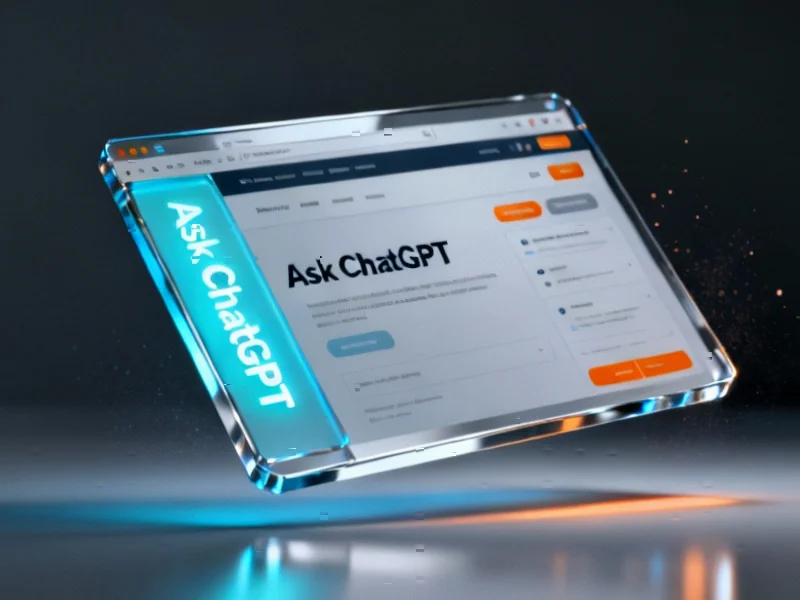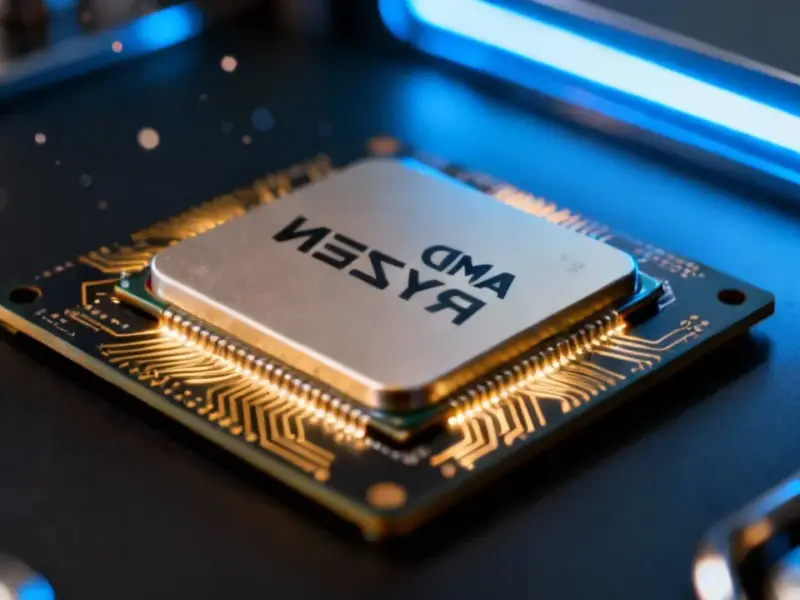According to Fortune, 23-year-old Ben Foody skipped his sophomore year finals to build Mercor, which has become a $10 billion company in just two years. The startup began by connecting companies with overseas developers, taking a $500 weekly client payment and paying engineers roughly 70% while keeping the rest. Within nine months, Foody and high school friends Adarsh Hiremath and Surya Midha achieved a $1 million revenue run rate. The company now hires professionals—consultants, lawyers, bankers, and doctors—to create evaluations that teach AI systems “what only humans know.” Their APEX benchmark tests AI on 200 real professional tasks with help from advisors including former Treasury Secretary Larry Summers and ex-McKinsey managing partner Dominic Barton.
The human-in-the-loop revolution
Here’s the thing about AI training—everyone’s been focused on scaling models with more data and compute. But Foody spotted something different. The real bottleneck isn’t processing power, it’s human judgment. While other companies were racing to automate everything, Mercor built a marketplace where humans actually train AI on professional reasoning. We’re talking about teaching machines how to analyze medical charts, draft legal briefs, and write financial memos. That’s the kind of nuanced work that separates competent AI from truly useful AI.
And honestly, this approach makes a ton of sense. You can’t just throw more data at a model and expect it to understand professional judgment. Someone needs to create those evaluation rubrics and grade the outputs. Foody’s background in debate actually gave him the framework—structured reasoning that can be codified. It’s basically taking what humans do intuitively and making it explicit enough for machines to learn.
The business flywheel
What’s really clever about Mercor’s model is the built-in growth engine. Each corporate client that signs up needs human evaluators. Each evaluator helps refine more models. And every refinement makes the platform more valuable to the next client. It’s a classic flywheel—more data leads to better AI, which attracts more customers, which generates more data.
Foody claims they have “one of the fastest revenue ramps of any company in history,” and when you look at going from zero to $10 billion in two years, it’s hard to argue. The company sits at the perfect intersection of two massive trends: AI going mainstream and the rise of project-based work. They’re not just selling software—they’re creating an entirely new labor market.
The automation paradox
Now, I know what you’re thinking—isn’t this just training AI to replace the very people doing the training? Foody gets this question constantly, and his answer is surprisingly thoughtful. He argues that we’re not eliminating labor, we’re reallocating it. Just like the Industrial Revolution moved 75% of Americans from farming to other work, AI will free people from repetitive tasks to focus on higher-value work.
“We’ll automate maybe two-thirds of knowledge work,” he says, “and that’ll be incredible, because it lets us do things like cure cancer and go to Mars.” It’s an optimistic view, but one grounded in historical precedent. The challenge, as he sees it, is being thoughtful about what comes next—what those “higher, better things” will be that humans will spend time on.
What this means for professionals
Look, the reality is that AI is coming for white-collar work whether we like it or not. But Mercor’s approach suggests there might be a transitional period where professionals actually have more work, not less—teaching machines how to do their jobs. Consultants grading AI-written memos, lawyers evaluating AI-drafted briefs, doctors assessing AI medical analyses.
The company’s APEX benchmark is particularly interesting because it measures economic productivity, not abstract reasoning. As they put it: “It’s great to have 10,000 PhDs in your pocket—it’s even better to have a model that can reliably do your taxes.” That’s the practical mindset driving their entire operation.
Foody hasn’t taken a day off in three years, which sounds insane until you hear his reasoning: “People burn out when they work hard on things that don’t feel compounding. I see the ROI of my time every day.” Whether you find that inspiring or concerning probably says a lot about your own relationship with work. But one thing’s clear—this college dropout turned billionaire has tapped into something fundamental about where AI is headed next.




